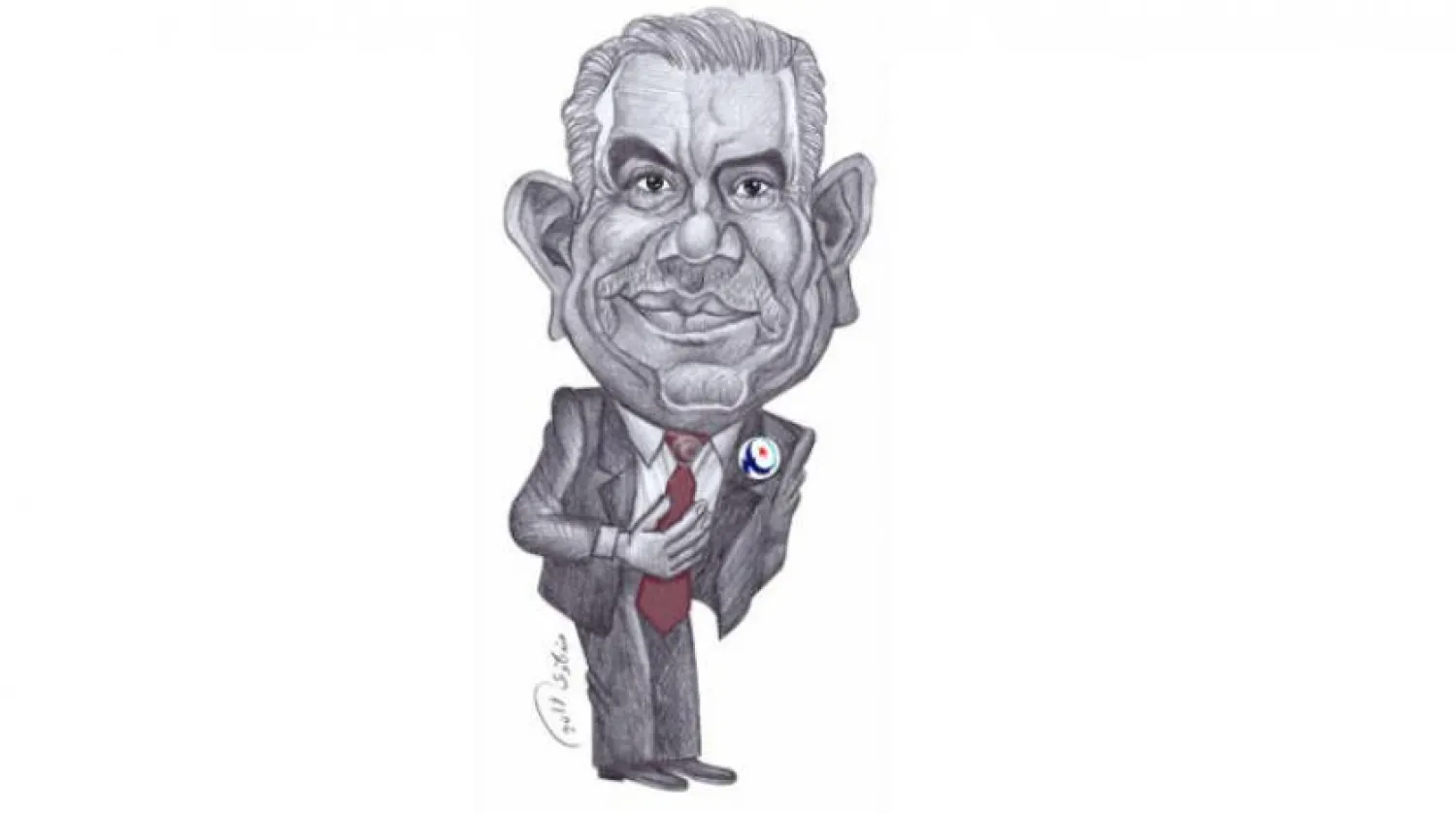The appointment of Habib Jemli to form the new government has stirred controversy in Tunisia. Much of this controversy stems from the question of the extent of the independence of the technocrat specialized in agriculture and social solidarity economy from the Ennahda Movement and the Islamic movement in general.
The controversy took on new dimensions when Ziad al-Ahdari, the Secretary-General of Ennahda that has its most prominent representative in the government since 2015, announced his resignation from the party in protest. Adhari said it was a wrong choice because Jemli is “close to the Islamists” and “lacks the caliber needed to meet the global economic and political challenges currently facing Tunisia.”
The decision taken by President Kais Saied to appoint him last month confused most politicians, journalists, and syndicalists. They and the cadres of the Ennahda Movement, which nominated him, did not know who he was. The brief cable, released in conjunction with his appointment, summarizing his career in politics and economics, did not help. It deepened the skepticism surrounding his appointment, especially because he was appointed at the last minute instead of Almunji Marzouk, the former Minister of Industry and Energy.
After a long career in which he played various technocratic roles in the public and private sector, Habib Jemli, who hails from a poor village in the province of Kairouan, was appointed an assistant to the Minister of Agriculture in the two coalition governments between Ennahda and two secular parties between 2011 and 2014. According to the businessmen and administrators who worked with him at the time, he was effectively the “actual minister”, according to the Secretary-General of the Syndicate of Farmers in Kairouan, who claims Mohmed Ben Salem was busy with partisan responsibilities at Ennahda. Ben Salem himself praised Jemli’s repose, humility, decency, and work-ethic, claiming that Jemli used to work more than 14 hours a day. Several prominent Tunisian leaders, from within and without Ennahda, stressed Jemli’s independence. Among them are Rached Ghannouchi, leader of Ennahda, and Abdel-Karim al-Harouni, head of the party’s advisory council, who claim that while Jemli is “a friend of the movement”, he is not a member in any way, shape, or form.
On the other hand, Jemli has been accused of lacking a comprehensive economic vision by his detractors, who claim that he is too specialized in agriculture. Hassan al-Zarkooni, an expert in communications and polling, claims the prime minister-designate “is not a prominent national figure among the network of developed relations with economic and political actors and journalists in Tunis and internationally.” Zarkouni believes that “this lack will deprive Tunisia of the security provided by its major economic partners, including Paris, the EU, World Bank, IMF, and large Arab, African, and European investment banks.”
Cooperatives and Mutual Societies
Habib Jemli is considered the engineer behind the establishment of cooperatives and mutual societies after taking over the position of Deputy Minister of Agriculture in 2012 and 2013. According to al-Mawladi Ramadani, the Secretary-General of the Union of Farmers in Kairouan governorate, this plan contributed to assembling farmers and increasing their productivity and revenues and their marketing opportunities. Jemli worked on establishing a new method of running the Ministry of Agriculture using “an attitude with positive implications recognized by a substantial number of competent workers in committees affiliated with the Ministry, in addition to many people who deal with it.” He also laid the foundations for an action plan and comprehensive strategy to develop the Tunisian economy and enable it to play an advanced role in developing the national economy and overcoming the challenges facing the country, the most important of which being food security and the increasing levels of poverty in the Tunisian countryside and marginalized areas exceeding a million and a half people.
Relationship with Unions and the Left
Despite all of this, Jemli did not convince many of the union leaders and leftist parties, including leader of the Tunisian Communist Workers’ Party Hamma Hamami, Secretary-General of the Tunisian General Labour Union Noureddine Taboubi, and President of the Tunisian Union of IndustrySamir Majoul.
However, the testimonies of the figures that he received have all agreed on his ability to listen carefully to his interlocutors, and to welcome, register, and follow up on their suggestions, in addition to developing the government program that the Ennahda Movement has proposed. The latter, according to the former Secretary-General of the Tunisian General Labour Union, Hassan Abbasi, and lawyer and journalist Salah Eddin Joshi, suggested that he be appointed considering that they won first place.
Therefore, the question now is how capable is Jemli to succeed in his journey after deciding to expand the consultations with the traditional leaderships of unions and parties and with his openness to all political currents, and his promise to give priority to development and independence from parties. It is worth noting that the constitution allows for two full months to announce his government formation, until this coming January 14, which happens to be the anniversary of the revolution and the Arab uprisings.











